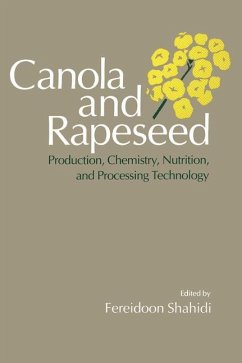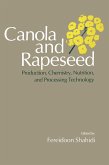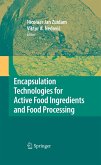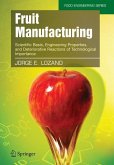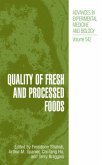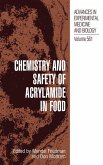Canola is one of the most important oilseed crops of the world, as its production over the last 10 years has grown much faster than any other source of edible vegetable oil. The short history of the food use of canola oil in Western countries has been marked by its GRAS (generally recognized as safe) accreditation by the USFDA (United States Food and Drug Administration) in 1985. Canola Oil is perhaps the only edible vegetable oil that by today's standards is considered to be nutritionally well balanced. Furthermore, its protein meal is well balanced in its amino acid content and perhaps in the not too distant future may commercially be upgraded for human consumption. The present monograph reports the latest advancements in the production, chem istry, analyses, nutritional properties, and commercial processing of canola and rapeseed. Recent developments in the biotechnology of canoIa production and ge netic alterations and improvements of seeds, new methods of analyses, and recent studies to upgrade the canola proteins are presented in 19 chapters. Extensive bib liographies provide the reader with an in-depth and thorough review resource in re lated areas. The monograph will be of interest to advanced undergraduate and graduate stu dents as well as researchers in universities, industries, and government laboratories. Food scientists, crop and agricultural engineers, chemists and biochemists, nutri tionists, and technologists as well as plant breeders will find it a valuable resource base in the latest trends and developments in canola research.
Bitte wählen Sie Ihr Anliegen aus.
Rechnungen
Retourenschein anfordern
Bestellstatus
Storno

